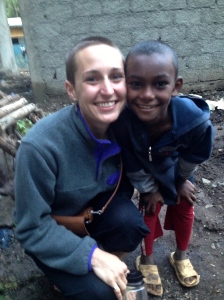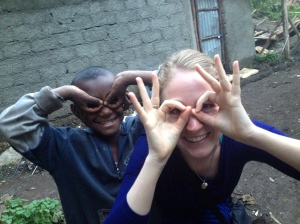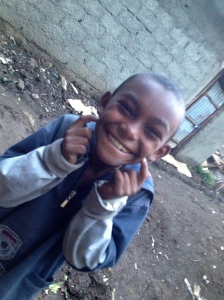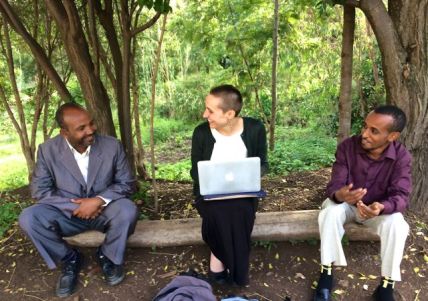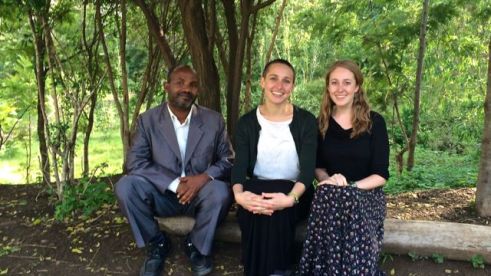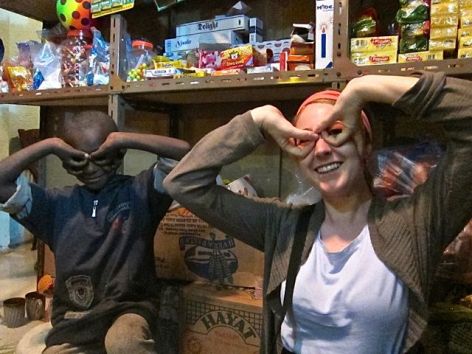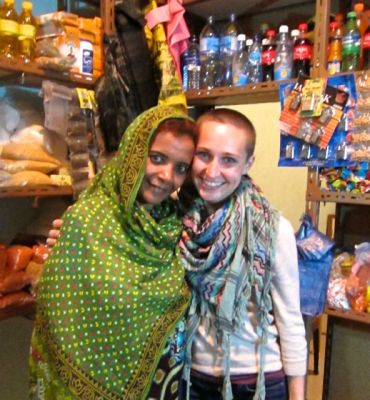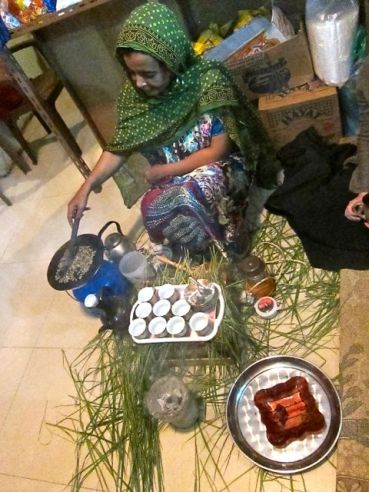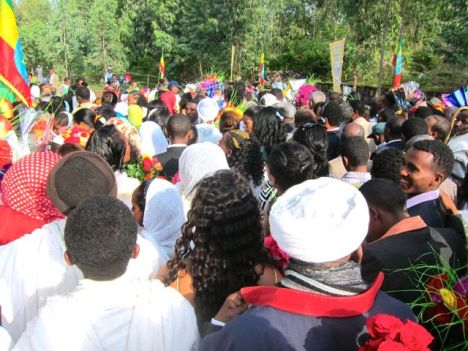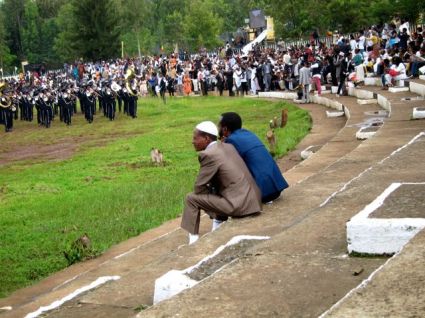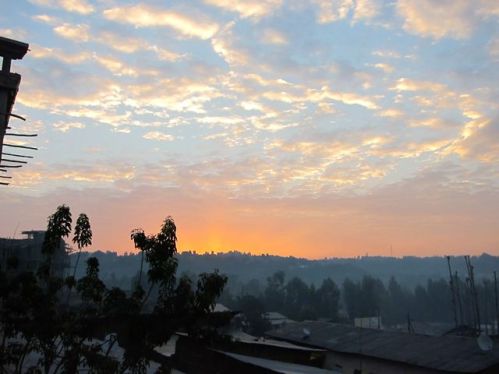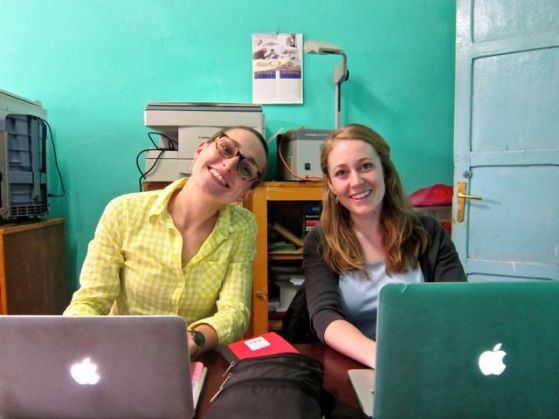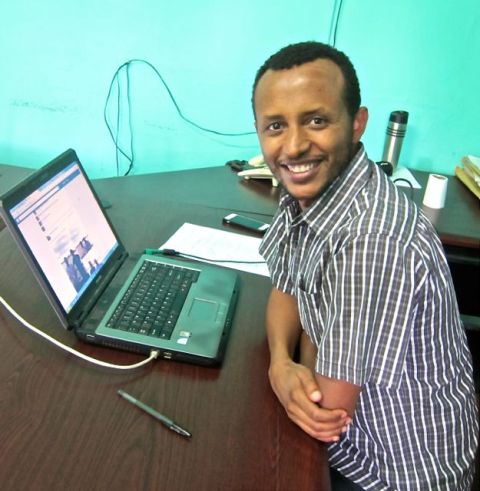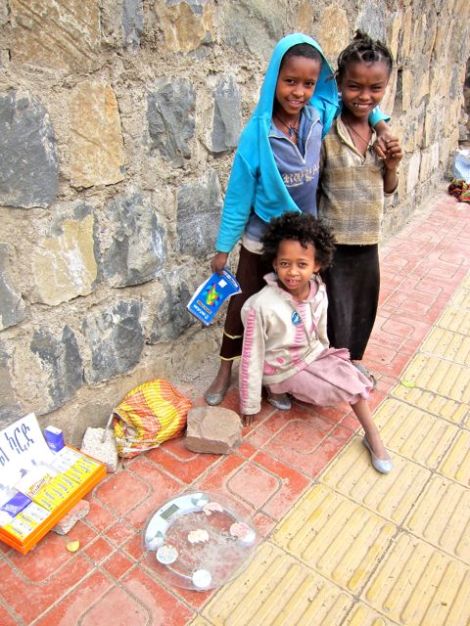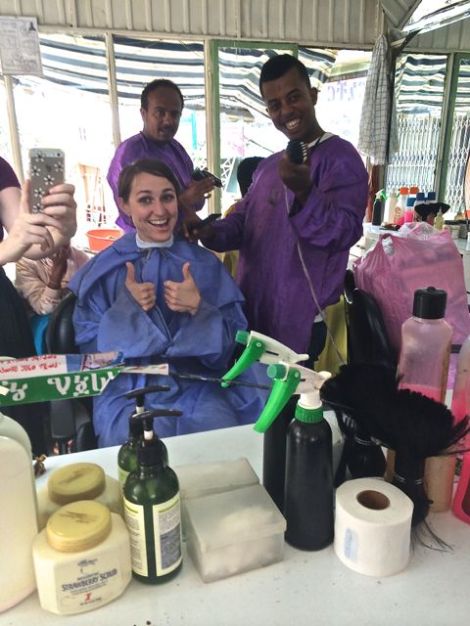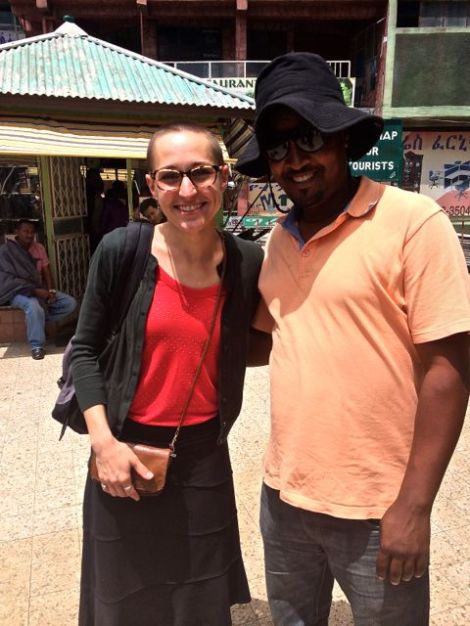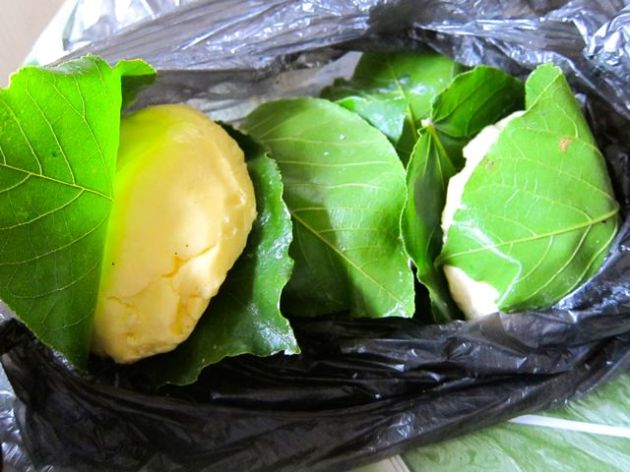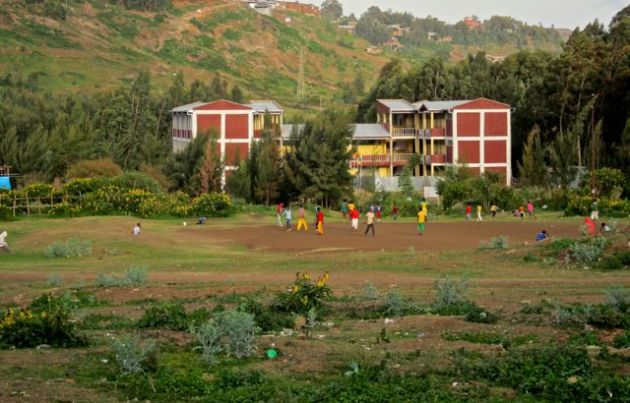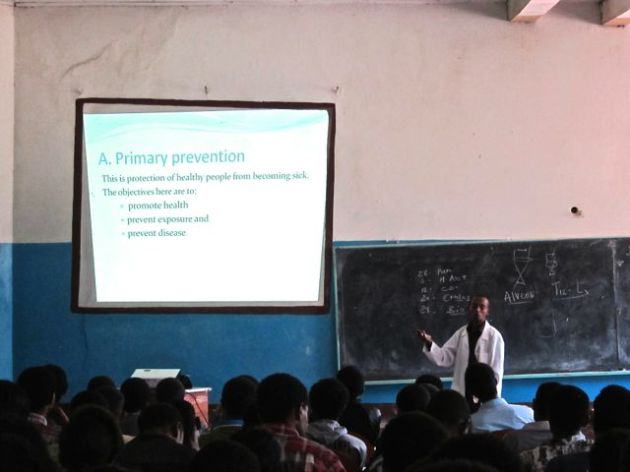Nothing can make me smile like the sight of Misbah. As I round the corner from our guesthouse apartment building and walk toward the main road, I find myself always crossing my fingers, hoping that Misbah will be playing in the street so I can feed off his infectious smile. This boy of 10 years has stolen my heart. As I have realized his effect on me, I have wondered just what it is about this small boy that draws me so eagerly toward him. I came up with three life lessons I have learned from Misbah.
Lesson 1: Life is all about love. It has become a joke that Kate and I want Misbah to come with us to America. Whenever Misbah is asked if he wants to come to America with us he wrinkles up his nose and exclaims with conviction, “No, no, no!” At first this surprised me. I have grown used to people from the developing world proclaiming their dream of one day coming to America. Not this boy. When asked why he wouldn’t want to come he replies something like, “my family and my life are here.” What a beautiful sense of place and belonging this boy has. I found myself inspired by his commitment to fully embrace his life and those whose love surrounds him.
Lesson 2: Accept hospitality when it is given. Misbah, along with his family and his auntie Gamila have welcomed Kate and me with open arms into their lives. Kate and I were walking up the street to grab some food the other evening when Misbah spotted us from across the road. He came over and shook our hands and then said, “come.” We followed, and he kept peering back and repeating the phrase, “come on, come on” to make sure we were still in tow. He lead us into Gamila’s one room apartment and ordered us to sit on the floor cushions while he filled a basket with the bread he had just purchased. I have never seen a more satisfied look on anyone’s face. He had invited us in and we had accepted his hospitality. We have eaten at Gamila’s a handful of times now and she has given us milk and honey, and warm smiles and kisses on the cheek, and I find myself feeling guilty because I am so heavily on the receiving end of things. I am trying to shake this sense and learn from Misbah’s satisfied look, which reminds me that sometimes accepting hospitality is a gift in and of itself.
Lesson 3: Laughter heals. This kid can laugh. His joy is contagious and I can’t get enough of it. Kate and I have shared our surprise when we realize that the strain and energy expenditure associated with cross-cultural interactions doesn’t apply when we are at Gamila’s. Misbah’s laughter is no small part of this phenomenon. His laughter melts away the worries of the world and the cares of the day. He lives in the moment and brings me into that moment with him. As a future healthcare provider, I find this lesson invaluable. Being present with people and bringing them joy is a special gift this boy has been given and I am grateful for its timely presence in my life.
This boy has been such a gift. I am trying to avoid the sad thought of leaving this place, and Misbah behind in September. For now, I’ll try to remain an attentive student to the many lessons he has to teach me.
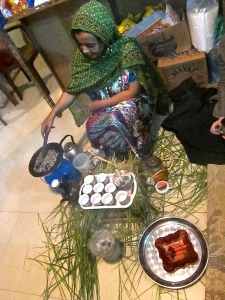
Gamila preparing coffee for us.
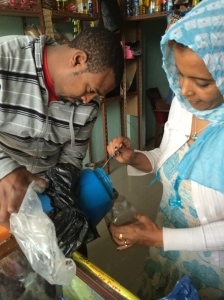
Gamila pouring us some of her honey.
